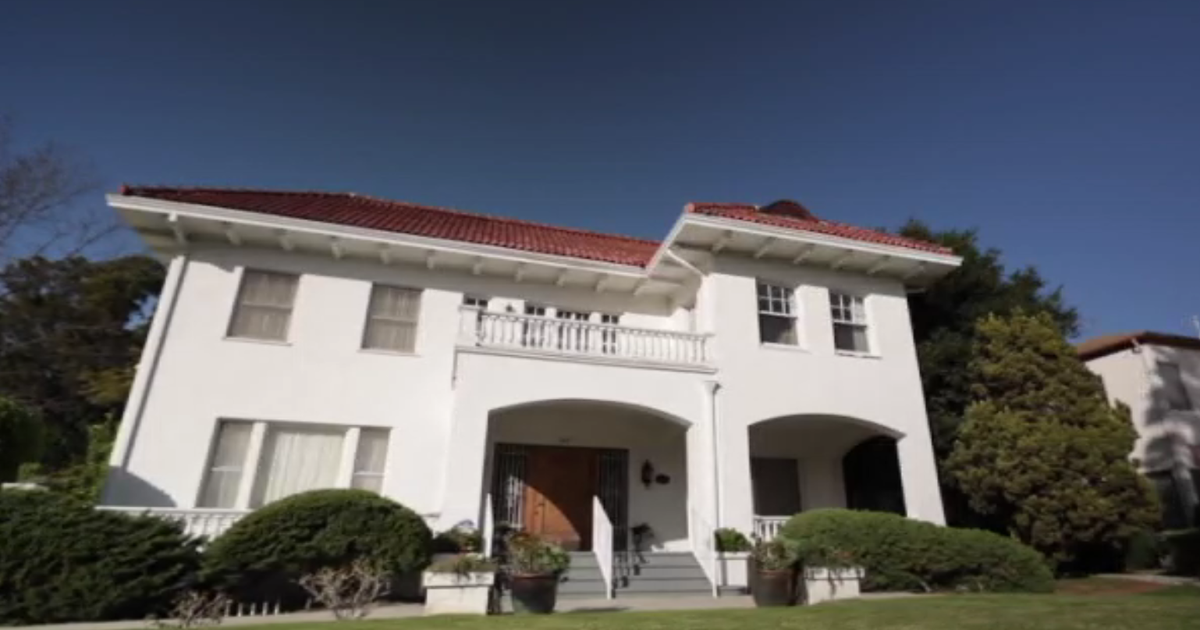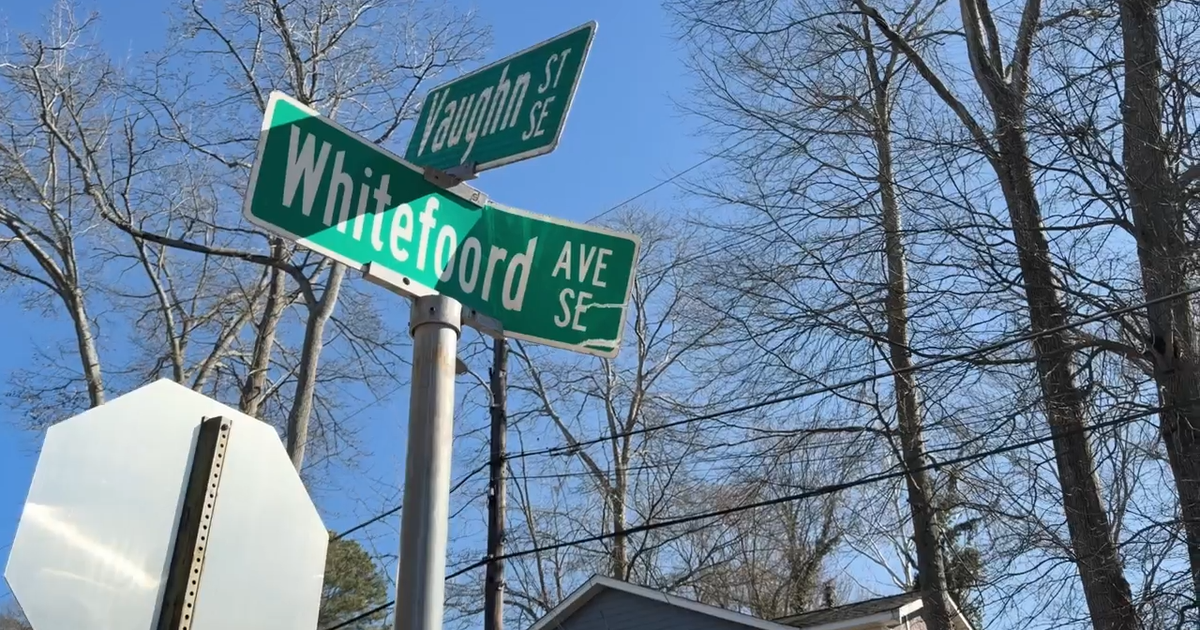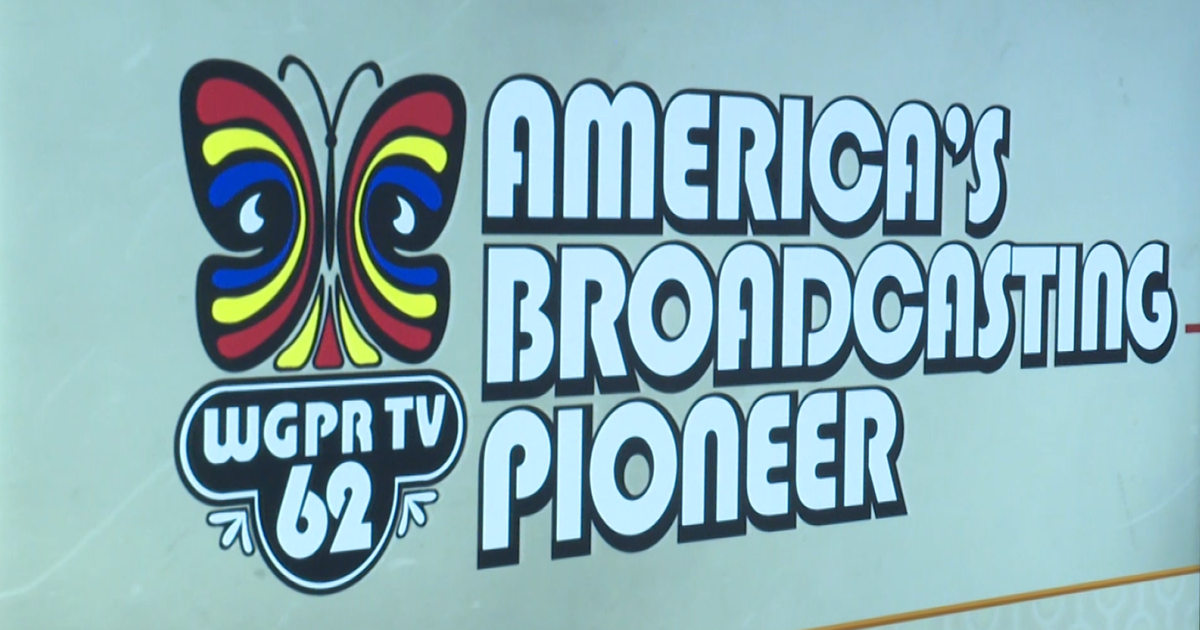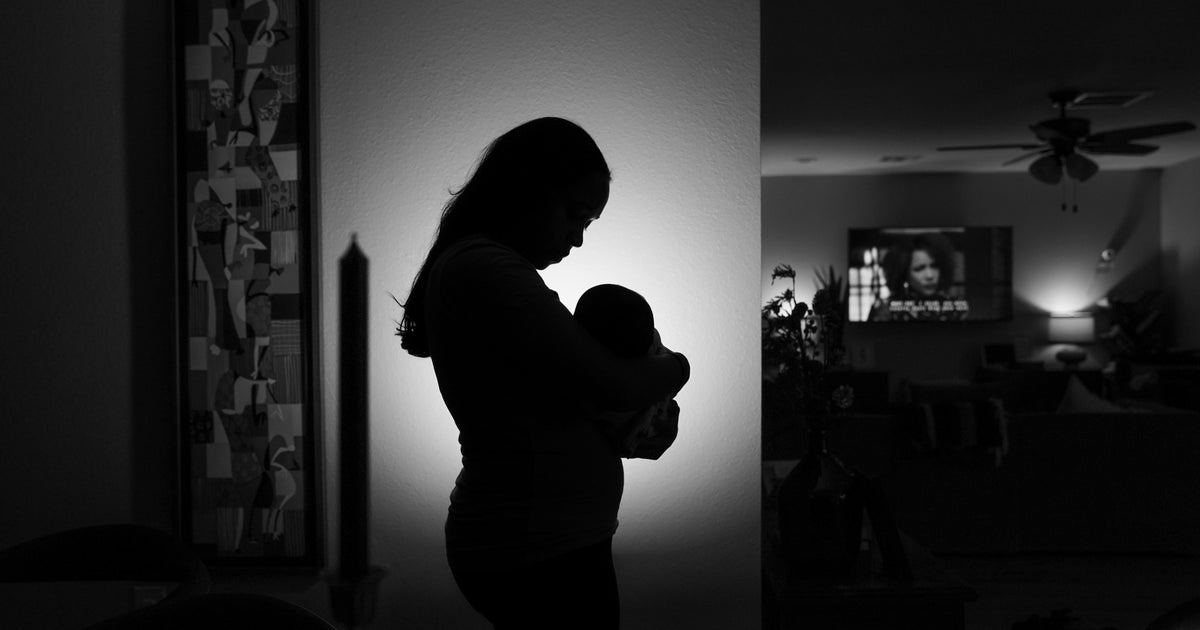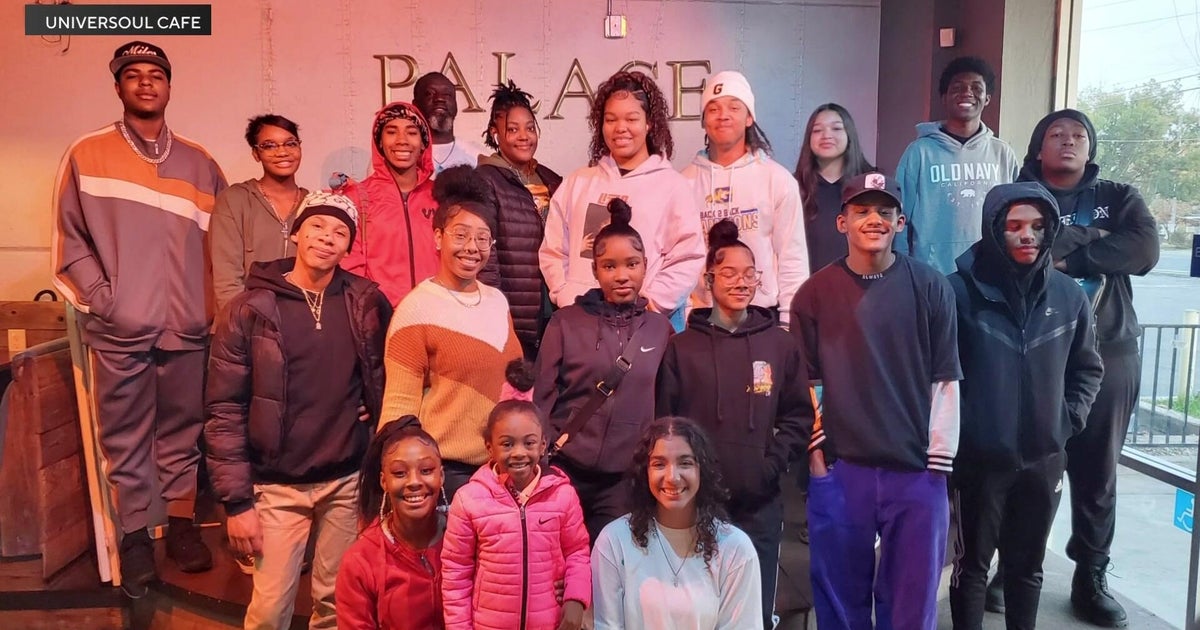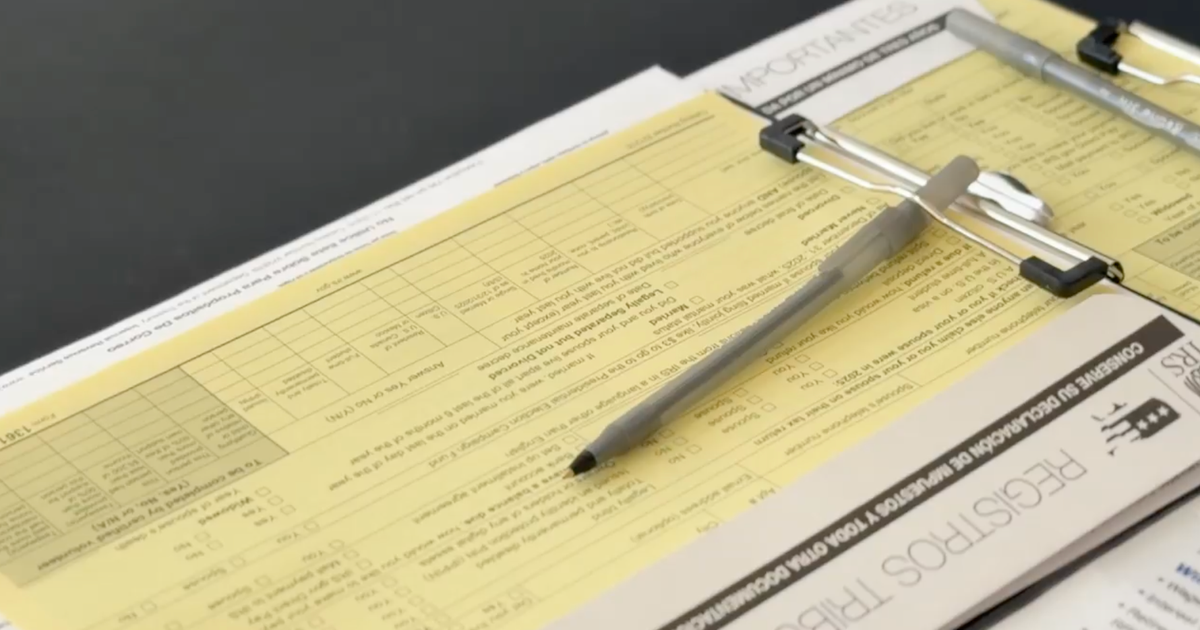I-Team: Black neighborhoods in Boston losing churches at troubling rate
BOSTON - On Blue Hill Avenue, behind crumbling bricks and graffiti, there's a fight going on, to save religion as the community has always known it.
"We're on what should be Black-owned Blue Hill Avenue," Tripetta Simmons told WBZ-TV.
She and Pamela King are locked out of the church they've been trying to revive across the street from the Franklin Park Zoo. King shook the padlocked door during a recent visit.
"They want to put luxury condos here and move the people out of the community," King said. "It would break my heart."
Her group approached the WBZ I-Team about their struggle to save the Spirit and Truth Baptist Church, formerly known as New Fellowship, in the building that also housed the historic Franklin Park Theater.
"We're talking about the one thing that we are not going to give up. We're not going to give up our relationship with God," said Simmons.
An arson at the church 14 years ago ignited a battle between the church board and the lead pastor over who legally owns it. When code violations went ignored, a judge appointed a receiver.
That's when King and other church members pinned their prayers on an offer from the Dorchester Bay Economic Development Corporation to rescue the church for $1.7 million "to buy this church, to renovate the building," explained Tanna Preston, of Dorchester.
Instead, the I-Team has learned the Harvard Street Neighborhood Health Center is buying the property to build affordable housing. It's not the luxury condos King had feared, but it's not a church either.
"We all should be back in our church," said Rosalind Wornum. Less than a mile down Blue Hill Avenue, she's embroiled in a similar battle over the Mount Calvary Church.
"My kids were all christened here, I got married here," she told WBZ. She fought to get it designated as a Boston landmark. It also went into receivership and court documents say "litigation is ongoing... to determine which entity 'owns' the property." Wornum's local church board is pitted against the national organization trying to assume ownership and possibly sell it.
The North Carolina-based Mount Calvary Holy Church of America sent the I-Team a statement, saying, "Our future plans regarding the... sanctuary have yet to be determined."
"It breaks our heart to drive by and see this, to not be in our church the way we were," said Wornum.
The I-Team dug up dozens of church building violations in Boston's predominantly Black neighborhoods over the last ten years.
"Rear of building is open to the elements," said one. Another said, "soffit... blown off." "Front stairs have deteriorated," said another.
"There's a huge loss every time we lose a church," said Dr. Emmett Price, Dean of Africana Studies at Berklee College of Music. He said when churches close, communities lose more than a house of prayer.
"They lose advocacy in terms of local voting, in terms of health care," he said.
Neighbors agree. "They run summer programs, they have tutoring programs," said Preston.
"That's a powerful word, church," said Pastor Joe Swilley, who's in the middle of yet another crusade to save a different Blue Hill Avenue church. It's a story that sounds all too familiar. Half of his church, Bethlehem Healing Temple, was demolished. On the other side, an entrance collapsed under a hollow sidewalk.
"We're not going to sell," he insisted.
"So now you have churches losing their buildings because they can no longer afford to keep up with the rate of inflation as well as the economic driver there," said Dr. Price. "It's a huge loss."
The I-Team checked the Secretary of the Commonwealth's records, but could not find any hard data on exactly how many churches have closed under similar circumstances. Church leaders say the anecdotal evidence is overwhelming, and hope politicians hear their cry to preserve Boston's religious heritage.


